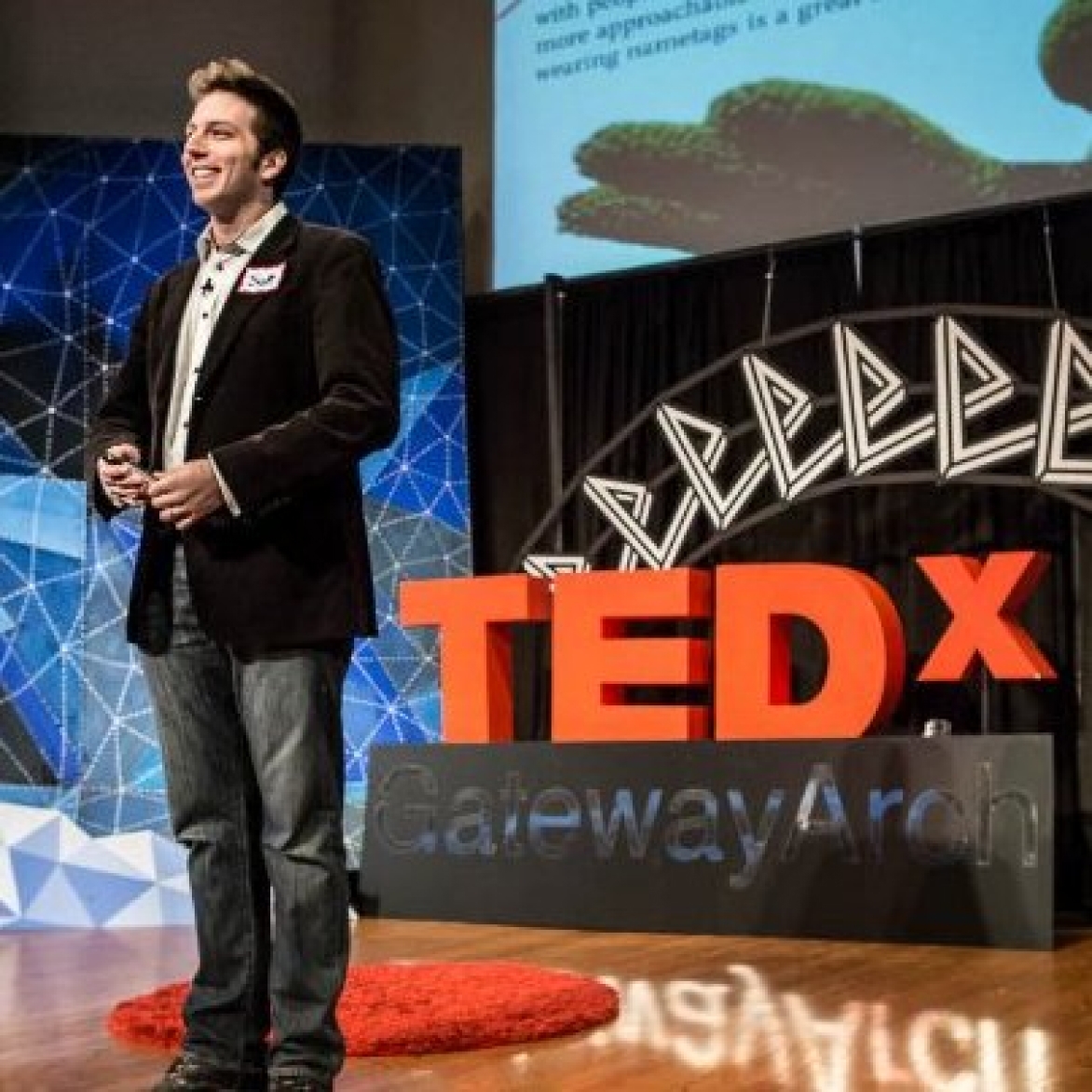
The Context
One habit all prolific people have in common is their ability to create a disproportion between experience and learning. They are expert at exacting the essence from an experience and taking out what they need without dwelling on the rest. Even if they don’t understand something fully, they still find a way to extract value from it. Because for them, knowledge isn't a prerequisite for leverage. Whereas the rest of the world requires a full tank of gas to get anywhere. Tweedy takes an approach to creative inspiration that personifies this principle. He says in his memoir that it can be just as inspiring to imagine what a book is about. You don’t always need a larger context, and you don’t need to read books from start to finish. My relationship with books is mostly just my imagination of their potential. Life is too short to pretend you finished a book or understood it. The upside to this philosophy is, it’s a huge time saver. Because instead of trying to consume the whole enchilada, you can quickly get the nourishment you need from a few bites, and then get on with your life.
The Tool
Incompletionism
INCOMPLETIONISM -- Extracting value without the burden of knowledge
The downside to this habit is, you have to let go of concerning yourself with the details of things, and learn to focus on the takeaway value. For some personalities, that will be extremely difficult. Like gamers, who often call themselves completionists. In the gaming community, this is a term for someone who prides himself on being a player who attempts to complete every challenge and earn every achievement, trophy or weapon in a given level. It’s admirable quality in general, considering how many people struggle to finish almost anything in their lives. But the downfall of video game culture is, it teaches us to want to complete every single task on our list, regardless of perceived utility, practical need and real cost. When the reality is, we could create just as much value and joy for ourselves with a fraction of the time and labor. But without being economical in that way, getting infatuated with details and completeness creates too small of a delta between experience and learning. Only through creating a system to convert even the smallest insights, events, situations into breakthroughs in thinking and action, can a creator truly become prolific.

Scott's Take
My system for doing so is called turning a seed into a forest. It hinges upon something called movement value, which is the discipline of recognizing conceptual beginnings, witnessing ideas in their nascent state and thinking to myself, hey wait, I think there’s something here, and then using that moment of conception to spawn as many creative offspring as possible. By starting on those small approximations and then traveling the wider vistas they open for me, it only takes one seed for brain to turn an idea into a forest. This system has enabled me publish more than fifty books in twenty years.
The Rest
Don’t you run out of things to say? Not when your learning is disproportionate to your experience. Accept that knowledge isn't a prerequisite for leverage, accept that you don't have to finish everything, and there's no stopping you from prolific production. Is your need for completion thwarting your desire for creation?
The Benefits
Provoke more value and joy w/ fraction of time and labor.
Quickly get creative nourishment you need from few bites
Create a disproportion between experience and learning.
Convert even the smallest insights, events, situations into breakthroughs in thinking and action